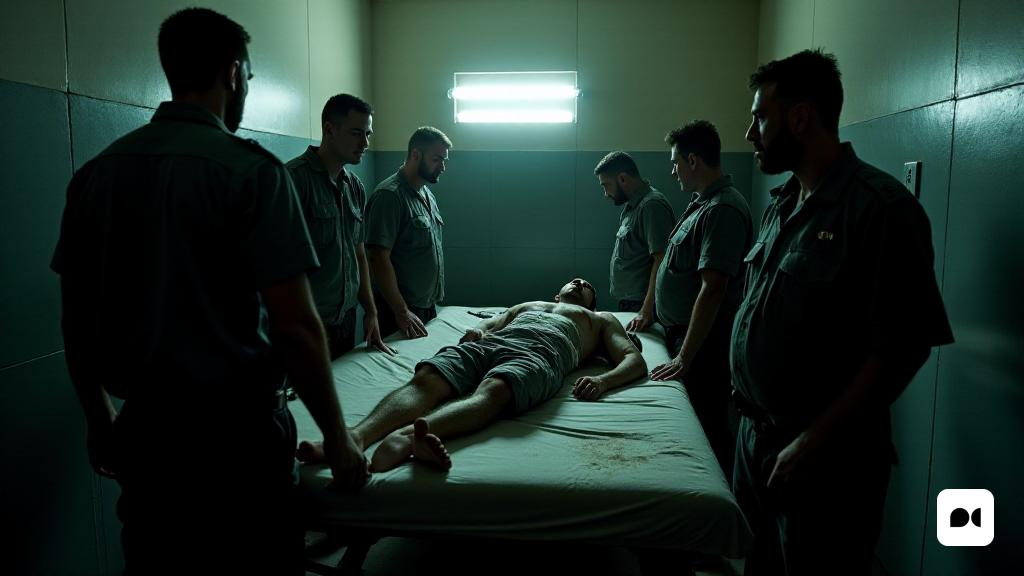A Controversy Case at the Brians Penance Center
On February 13, 2024, at 5:50 pm, an incident in Brians 1 caught attention: a 39 -year -old prisoner was linked to a bed for more than seven hours, according to authorities, to maintain control over him. This practice, which has been described as a regional, does not seek the well -being of the reward, but is implemented as a disciplinary measure.
Alarming data on mechanical contentions
The use of mechanical contentions has been a hot topic, with 658 incidents registered in Catalan prisons in 2024. Brians 1 stands out as the center with the most cases, accumulating 173 immobilization, which represents an alarming 26% of the total. Most of these appearances were applied to men, with a significant disparity between regional and sanitary cases.
Regional and regulatory differences
Catalonia has undergone a decrease of 29% in the use of contentions compared to the previous year, but continues to exceed the rest of Spain widely. Authorities, including the Secretary of Criminal Measures, emphasized that the reduction of these coercive practices involves the implementation of preventive strategies.
Mechanical containment: a topic of ethical debate
The controversy over the use of mechanical containment is accentuated by reports that warn of associated risks, including serious injuries or, in extreme cases, death. A recent report of the Catalan mechanism for the prevention of torture documented worrying conditions in the cells where these immobilization is performed.
The duration of the Contentions: A sustainable problem?
The data reveals that the average appearances exceeds eight hours, with 20% of cases that are extended more than ten hours. There are extreme situations in which prisoners have been immobilized for more than a month, a practice that has been criticized by various human rights organizations.
Impact on women and young people
Women and young people are most affected by this practice. In particular, the Youth Penitentiary Center has registered a significant number of contentions. In addition, the data show that women, despite representing less than 7% of the prison population, suffer from a higher rate than men.
A different European context
The landscape in Catalonia contrasts with other European countries such as France, Germany and Italy, where measures have been taken to drastically reduce the use of mechanical containment. In France, for example, these subjections are only allowed in medical environments, while in Germany they require court supervision if they exceed 30 minutes.
Final reflections on the future of containment
Increasing mechanical contentions in Catalonia raises important questions about human rights and the dignity of inmates. The need for reforms and clear regulation is more urgent than ever, and the voices that claim a change continue to grow, driven by the goal of guaranteeing a fair and human treatment to people in a situation of deprivation of freedom.

